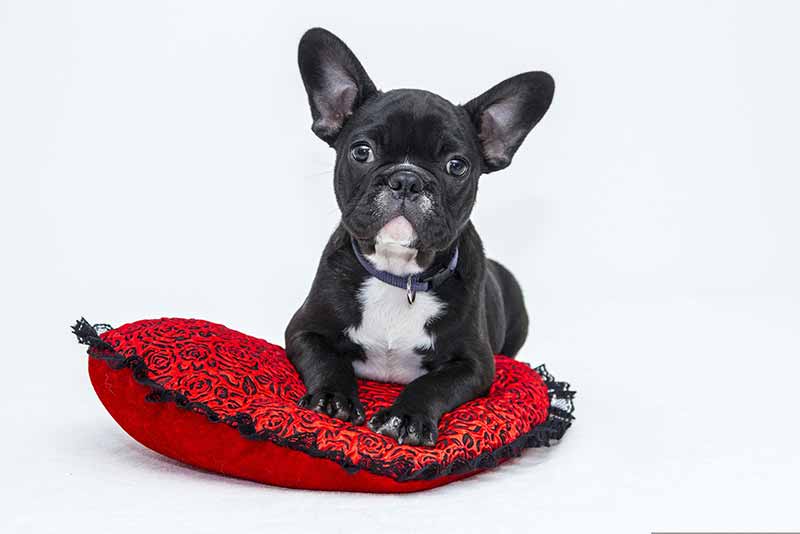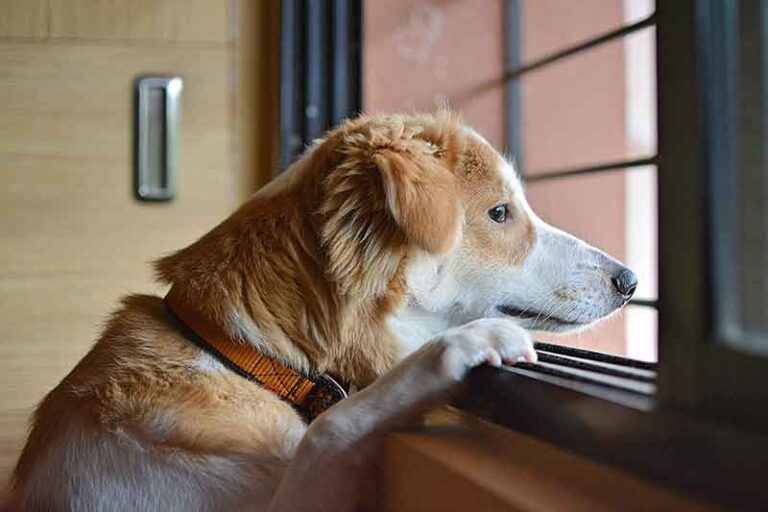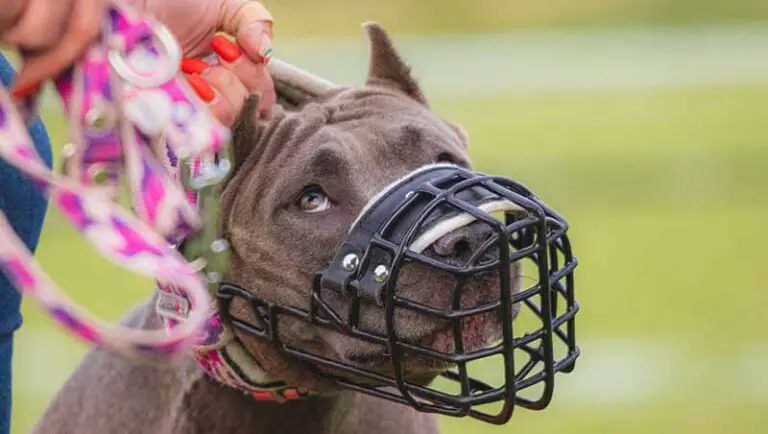Signs Your Puppy Is Settling In – FAQs Answered
Bringing a new pup home is an exciting event in our life but could also be intimidating. When we are experiencing mixed emotions as such, the new puppy will go through a varied array of emotions and feelings as well.
And sometimes, the new pet parent may find it challenging to settle the puppy during the first few days and nights.
What are the signs your puppy is settling in? As always, these signs may vary from dog to dog. While the most common signs are not being afraid every time you try to touch or talk to the pet, eating his food without a problem, getting through the night without throwing tantrums, being generally happy with his environment and new acquaintances, etc. there are many more to it than these.
Let’s check out a few of these signs your puppy is settling in in detail below.
What Are The Signs Your Puppy Is Settling In?
First and foremost, it is crucial to understand why new puppies have difficulty settling into a new home.
Generally, in the first few weeks after the litter is born, all of them will get acquainted with their mom and the people around them. They will start to accept this environment as typical.
But, just like us, they will find it hard to reacquaint themselves with new settings and people away from the warmth of the other siblings and the momma dog.
As you first bring the new pup to your home, many puppies will go around the house excitedly and check out the new surroundings in awe. But, some will just find a dark corner away from everybody else to curl into a ball and hide.
While both types of pups need to settle in at one point, you must pay more attention to the ones in the latter group because they are the most sensitive and vulnerable furballs who will need much reassurance to settle in.
Here are a few facts about the most common signs your puppy is settling in.
- Sleeping in his designated spot throughout the night
Many new pups will have difficulty sleeping alone in their doggy beds for the whole night. You will wake up in the dead of night for the first few days by the noises and the commotion he will make in the house.
Wailing, whimpering, and barking are more common in new puppies. But as they settle in, you will notice that they’re having less and less trouble sleeping alone in their beds.
- Getting along with your family members fine
I have seen many puppies who will not interact with people other than their owners. As soon as someone tries to touch or pet them, they will go ballistic by wailing in high-pitched voices or trying to bite a piece out of their hands.
But as the puppy starts settling, he will get used to people around him who he will see daily. But, unsurprisingly, they will despise anyone they don’t know.
- Getting through the daily routine without any problem
Releasing his bowels inside the house, looking for food out of his routined time, and not getting the hint when you reach for the leash are expected in new puppies.
But as they grow accustomed and start settling in, he will slowly grasp the schedule and work along without a problem.
Other than these, you may also notice signs like,
- Being more playful with you and others around
- Wagging his trail and having floppy ears through most of the day
- Being relaxed and happy
- He explores his new home with much confidence
How Long Does It Take For A Puppy To Feel Settled?
The Settlement time usually depends on how helpful you are for the pet to adjust to his new environment.
You must make the setting in your house calmer and puppy friendly and avoid any chaotic situations from happening in front of the new puppy.
Looking out for any signs your puppy is settling in will also keep you on the right track in behaving in front of your doggo.
Moreover, the safer he feels in your home and around the family members, the more he feels at ease living with you around. Therefore, keeping him safe and out of danger is very important.
So, according to you and your behavior, the settling time may vary from a few days to weeks. You cannot fast forward this process; instead, helping the dog puppy settle in may help the process take place faster.
But it is vital that you stay calm and be patient with all the adjustments happening during this time.
How Do I Know If My New Dog Is Comfortable?
A comfortable dog means a well-settled dog. To notice how relaxed your new doggo is in your household, you must pay attention to the finer details in your pet’s behavior and body language.
Some of these details you may notice in a relaxed dog are;
- Your new pet will become more confident in exploring around your house and will have no problem navigating his way from one room to another. It is a sign that he’s not afraid to run around this new setting and accepts it as his new home.
- Another thing to note in a comfortable puppy is the exciting wagging of his tail. He will become excited as soon as he sees you and runs to you energetically when he sees you in the evenings.
- Next, when you take him in your arms or bet to his level, the puppy will not have any problem looking at you straight in your eyes. After making eye contact, he will not forget to lick your face happily while wagging his tail non-stop.
- Moreover, no matter how old your doggo is, he will not sleep peacefully in any place where he feels threatened. But if your puppy has no problem sleeping near you, then it is another one of the signs your puppy is settling in.
Reading your pet’s body language will give you an accessible insight into how your puppy is feeling and signs your puppy is settling in.
Thank you for reading this post. I hope it answered your burning questions about your dog. Stay tuned with Jack Russell Owner for more interesting posts.








